Should You Have an Estate Plan?

Planning for your family’s future and the life you built in the event of your death is part of responsible financial management. But when it comes to making end-of-life choices for your property and other assets, you’ll hear about a will and an estate plan.
What’s the difference? Let’s break it down.
Estate Plan
Your estate plan is just what it sounds like – a plan that determines what will happen to all of your estate assets after death, from property and investments to cars and safety deposit boxes. It’s also a way to make decisions for your family now that you might not be able to make when you need to, such as appointing a guardian for minor children.
A Will
A will is a legal document that typically acts as the cornerstone of estate planning. It lays out whom you have determined will receive which parts of your estate. Often, wills include valuable assets as well as family heirlooms.
In estate planning, you also choose an executor, referred to as personal representative, of your estate responsible for ensuring your plans are followed. This is often a family member, friend, or any other trusted relationship.
Long-Term Care
Estate planning can also include a ‘living will’ section, with planning for what happens to your healthcare when you are not able to articulate your choices so that it happens the way you want it. You can also choose a healthcare power of attorney, appointing a person who can legally make medical decisions if you are incapacitated.
Living wills and health care powers of attorney also allow you to make medical directives, including end-of-life situations.
End-of-life details can feel overwhelming for a family after losing a loved one. Let our experienced attorneys at Terrazas Henkel P.C. guide you through your estate planning and help you find peace of mind for your family’s future. Call us today to set up an appointment at 406-541-2550.




